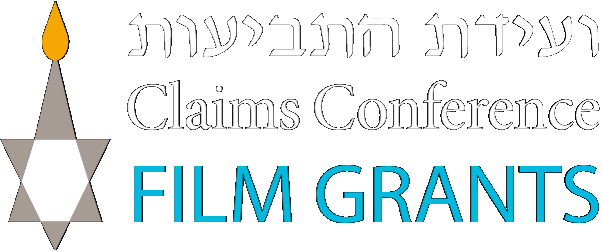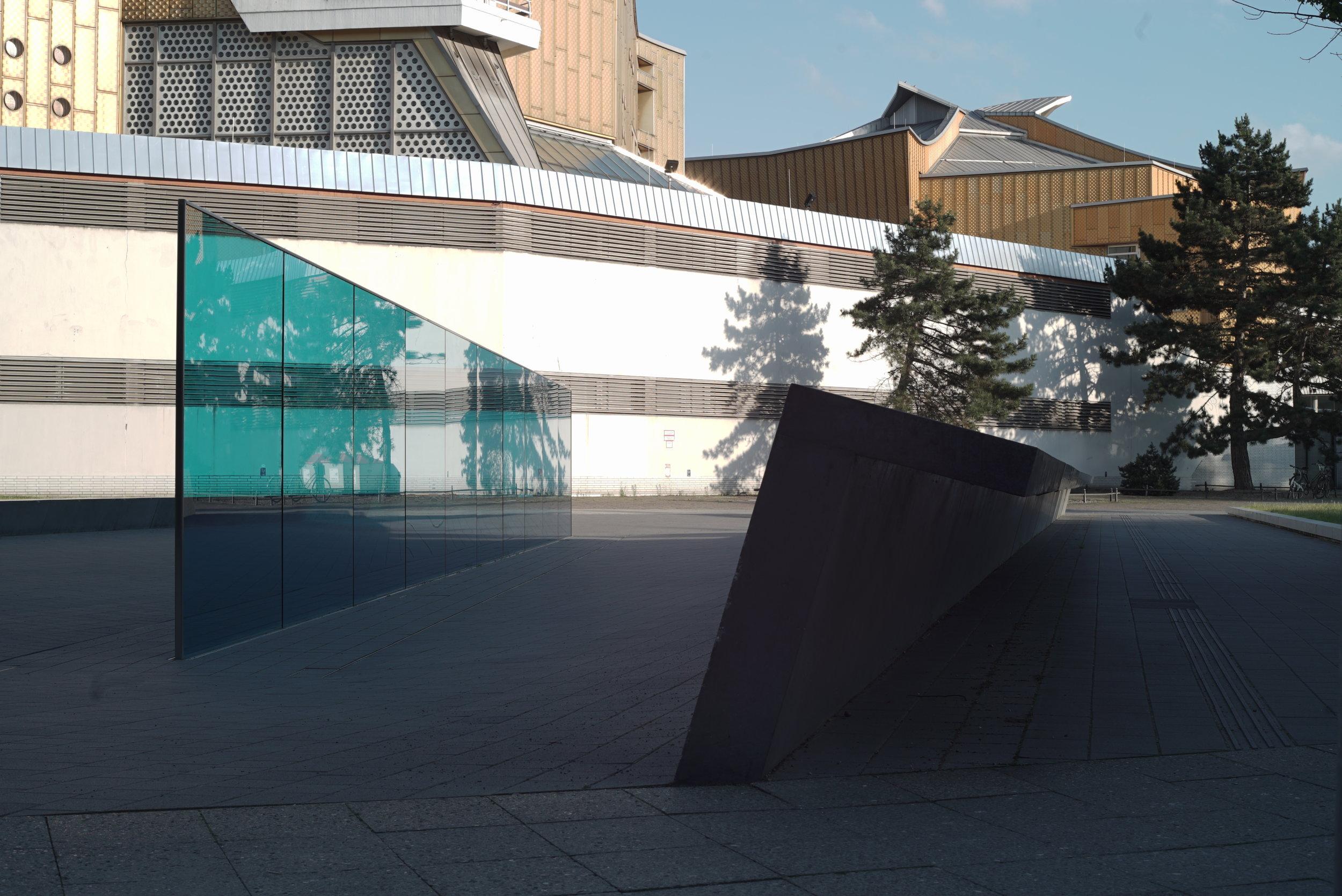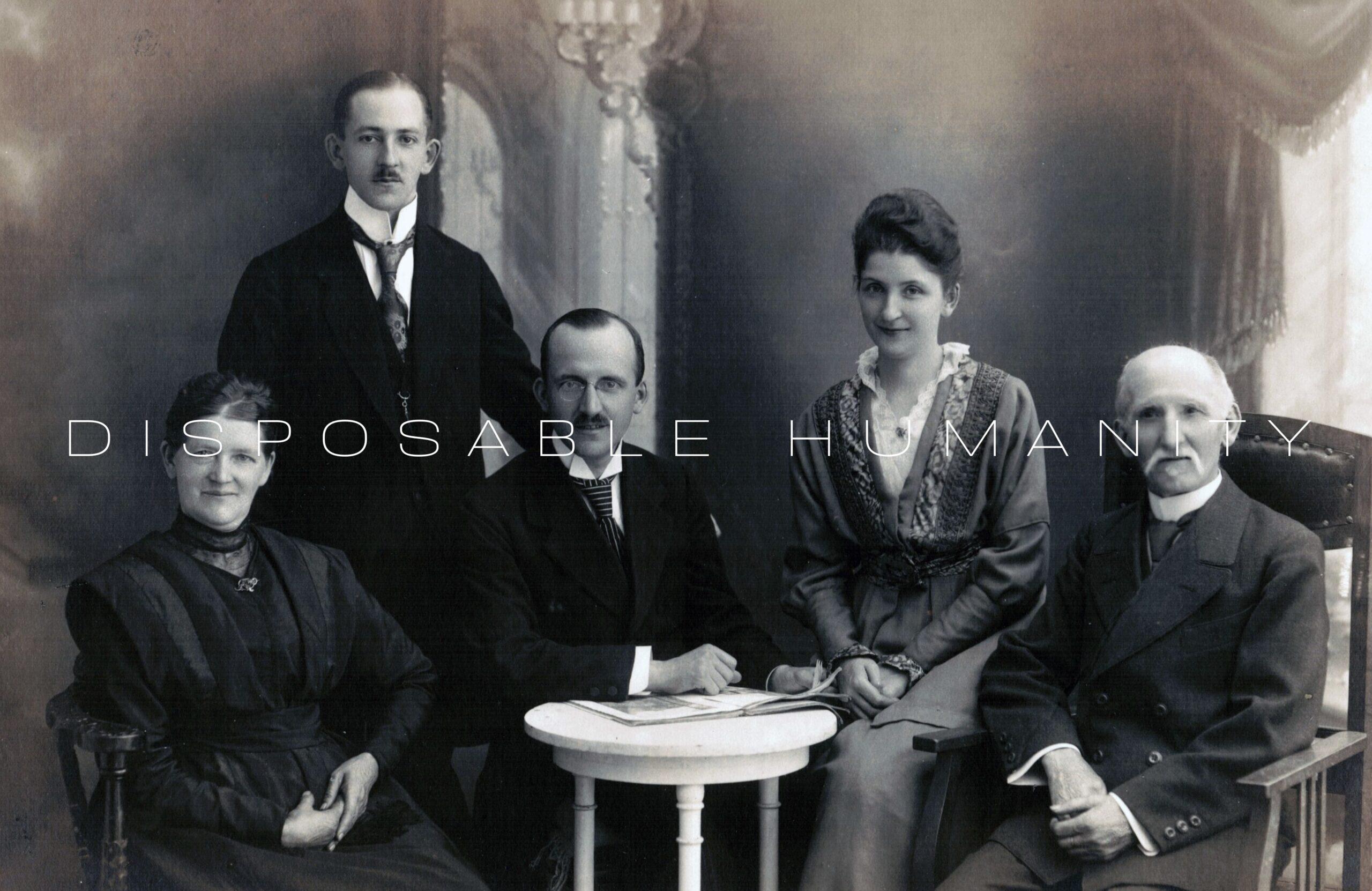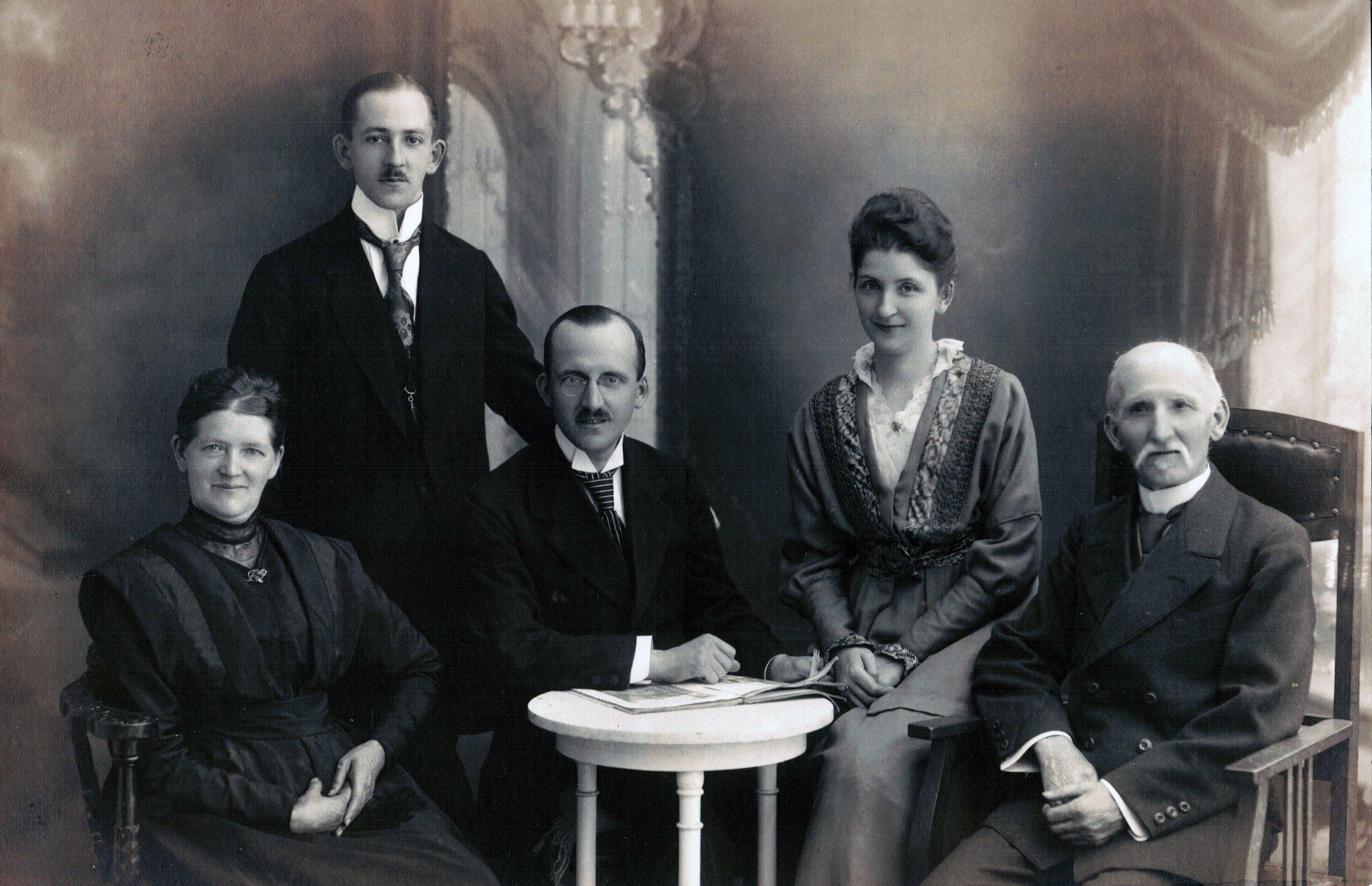A family’s exploration into the history of the Nazi Aktion T4 program, its targeting of disabled people, and its reverberations into the present day.
Synopsis
An exploration into the history and memory of the Nazi medical genocide of disabled people known as Aktion T4, Disposable Humanity details the efforts of the Mitchell family to unearth and reclaim disappearing history by visiting the six T4 killing centers that have been converted into museums, memorials, and, in some cases, reactivated as institutions for the disabled. The film aims to pursue how audiences disabled and non-disabled alike can access and process this history as well as reincorporate it into our understanding of the Holocaust, the persecution of the disabled, and the contemporary reverberations of eugenics and of the Nazi T4 program.
About the Director
David T. Mitchell and Cameron S. Mitchell make up the father son co-directing duo behind Disposable Humanity. Each of them respectively brings decades of experience in their respective fields, T4 and Disability Studies research being the former’s and Visual Anthropology and Film Production being the latter’s. Together they form one half of the Mitchell family, who collectively have trained and brought dozens of T4 researchers from America to Germany in their efforts to spread awareness and access to the forgotten and often misunderstood history of the Aktion T4 program.
Artist Statement
The creative team behind this film is actively involved in uncovering the history of Aktion T4 with many visits to the many T4 memorials and museums over the past two decades as a part of their original research, training of professional researchers, and orchestrated class trips to the sites. The Mitchell family maintains relationships with the directors of all six T4 memorials as well as the US Holocaust Memorial Museum and a team of T4 and Humanities scholars who serve as consults on the film. The film exhibits original research performed by David T. Mitchell and Sharon L. Snyder as Humanities and Disability Studies scholars and their son Cameron S. Mitchell who is a Visual Anthropologist as well as Co-Director and Director of Photography on the project. The entire Mitchell family identifies as disabled and works with below the line crew that are also disabled. This issue is of particular personal importance to the entire family as their work centers around principles of interdependence and authentic disability view points which can be seen in their other work, as well as this film.
Festivals, Screenings, & Awards
30th Slamdance Film Festival (2025) – World Premiere
Year
2025
Production Country
USA
Production Company
CSM Productions
Subject Region
Germany, Austria
Director/Producer
David T. Mitchell and Cameron S. Mitchell
Editing
Rachel Sophia Stewart
Mixing
Ryan Hammaker
Festivals
Selected for the 2024 Gotham Project Market
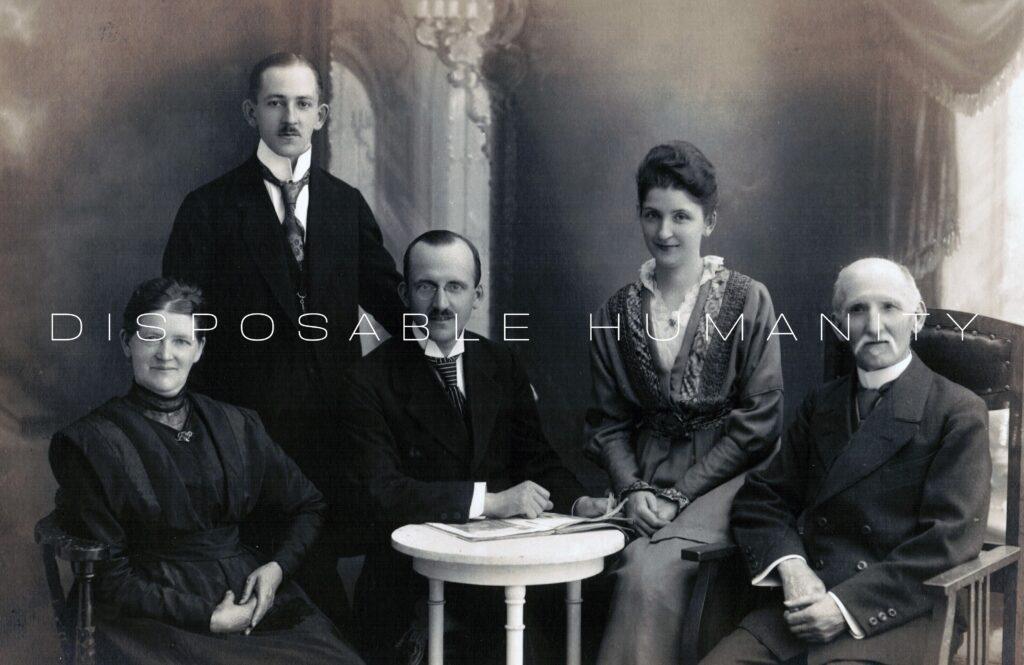
Funding
With Assistance from Conference on Jewish Material Claims Against Germany
Supported by the Foundation Remembrance, Responsibility and Future and by the German Federal Ministry of Finance
Trailer
Stills

